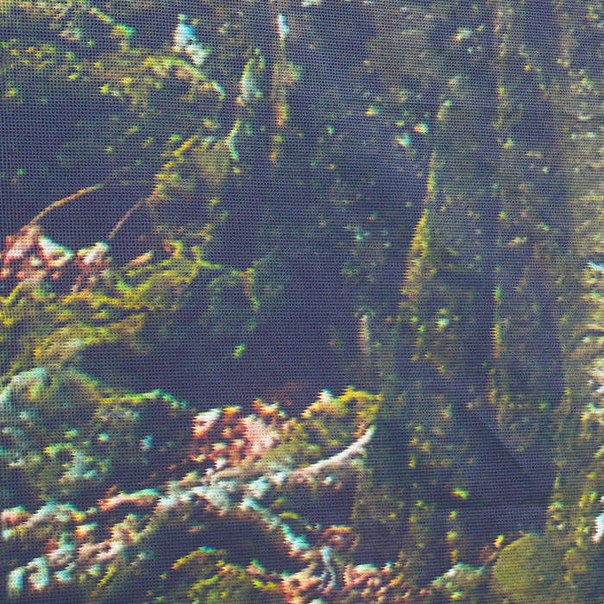S Olbricht For Perfect Beings
Beauty arises from the murk on Martin Mikolai's latest release for the Lobster Theremin label.

S Olbricht is the solo-mode moniker of the Hungarian artist Martin Mikolai, a producer known for both a love of hazy, fuzzy experimentalism and a propensity for unusual stepping-off points. (His cassette-only 2012 long-player, The Last Act Of Dorothy Stratten, released on his own Farbwechsel label, was an ode of sorts to the murdered Playboy Playmate.) His latest album, For Perfect Beings, released on Lobster Theremin, is a perhaps less obvious about its subject matter—but it’s an assured exercise in atmosphere, a confident release that sees Mikolai further refining his lo-fi four-to-the-floor musings.
Several of the album’s tracks revels in the same sludgy, hiss-heavy saturation that permeated his previous release for the label, 2014’s A Place Called Ballacid EP. But rather than fully defining For Perfect Beings, Mikolai here uses that aesthetic as a jumping-off point, with his various musings bubbling out of the primordial stew. Sometimes, that effervescence doesn’t carry his ideas far from the source—“Blambestrid,” for instance, trudges along on heavy legs, as in one of those dreams where you’re escaping danger but your feet refuse to cooperate, wading in concrete. An eerie synth line adds to the uneasy feeling, as does a rising squall of sound—but just when it’s about to become too much, that squall comes to the fore and reveals itself as something almost placid, giving comfort at the dream’s end.
It’s an effective juxtaposition—beauty arising out of the murk—and it’s a trick that Mikolai has perfected. “Rien” is the sound of a gorgeous record playing on an vintage Victrola—but it’s a record with a skip in the groove, and a Victrola with a heavy accumulation of dust on the needle; both versions of “Ovacrwded” (one marked “fast,” the other “slow”) boast what might be poignant melodies, if you could fully discern those melodies through the mire.
They’re all impressive pieces—that fast version “Ovacrwded,” with its wavering synths and distant chiming, is eerily spine-tingling—but Mikolai is perhaps at his best when he employs a lighter touch. Album opener “Asterid” commences with a steady kick, syncopated claves and a far-away squelch, before moody chords and a spare bassline take over; the track slowly evolves, with haunting coos and bleeps working their way in and out of the mix. The track never quite reaches a climax, and it’s all the better for it, as its trip itself is worth the ride. “Fadaisco,” with its repeating synth line, syncopated percussion and hypnotic feel, is perhaps the most overtly “housey” of the album’s cuts, though it’s a version of house imbued with a spectral edge; the sublime beat-free flutter of “Gesnaria” could have easily been stretched beyond its two-minute run time. It’s a gorgeous moment in an album brimming with them, full of shadowy depths and shimmering heights.

